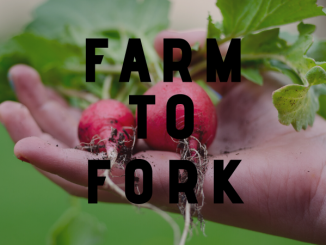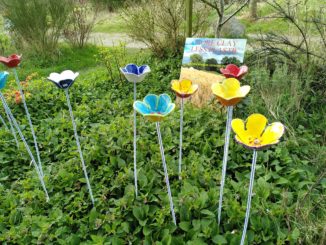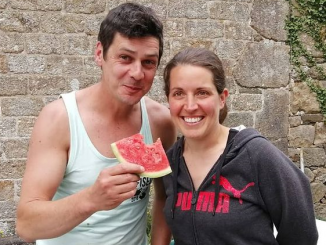
Farm to Fork is the European Commission’s strategy to support an EU-wide transition to sustainable food production. The Roadmap for the new strategy was open for public consultation until last week. In the final instalment in this three-part series covering feedback on Farm to Fork so far, we look at comments from farmers and agricultural organizations. Hans Wetzels reports.
Farmers’ organizations provided many of the 654 submissions received over Farm to Fork’s month-long consultation phase. Many farmers fear they’ll be forced to pick up the bill for the environmental ambitions of the Commission. But grassroots organizations like Via Campesina welcome the EU’s change of direction. Farm to Fork is seen as a golden opportunity to empower small farmers, overhaul supply chains, and support a transition to agroecology.
European Coordination Via Campesina: local resilience
European Coordination Via Campesina (ECVC) is a grassroots farmers’ organization that works to defend food sovereignty, farm workers’ rights, and sustainable family and peasant farming. It insists that “without coherence between the EU agricultural, food, trade, economic and competition policies, as well as the EU budget, the results of the Farm to Fork strategy will remain very limited.”
ECVC wants to see better relationships between consumers and producers. Another priority is to recover the political capacity for market organization and regulation. It calls for clear political decisions to guarantee a decent and stable income for farmers. If the Commission is to effectively engage in the transition to agroecology, it is absolutely necessary to overhaul CAP and to align the goals of the Green Deal with EU trade policy.
“The Commission’s objective for a climate-neutral Europe by 2050 requires the development of a greater number of locally-rooted, resilient farms, which will be achieved by improving the position of farmers in the food supply chain, increasing respect for farmers’ rights and providing more support for young people who wish to get involved in agriculture, in particular by facilitating access to land within the framework of a European land directive. ECVC implores the Commission to match its ambition with cross-policy commitment and listen to the thus-far neglected voices of peasants and small and medium-scale farmers who have the knowledge, experience and ability to once again feed the planet in a sustainable and healthy way.” – ECVC
The Austrian branch of Via Campesina (ÖBV) also stresses the importance of “the organization of markets” and developing regionally based supply chains to make sure farmers generate enough income to “take part in the agroecological turn”. ÖBV refers to work done by Olivier de Schutter’s think-tank IPES-Food on defining a Common Food Policy that goes beyond CAP.
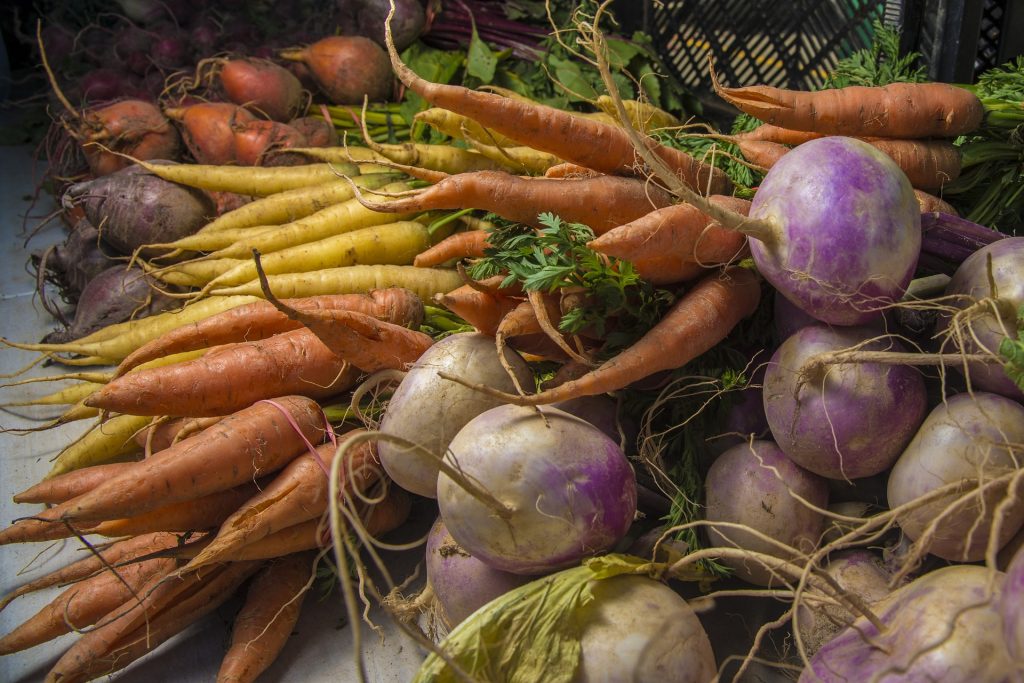
Bionext: tap the potential of CAP
Bionext, the Dutch umbrella for organic food and farming, and a member of the EU organic umbrella organization IFOAM, takes ÖBV’s demands even further. It calls on the European Commission to set quantitative targets to increase the amount of organic land to 20% of all acreage.
“To make this target achievable, it is crucial to link it to the CAP Strategic Plans requiring Member States to set up their own national target for organic land and to provide adequate support for organic conversion and maintenance. Overall 70% of the CAP budget across the two pillars should be earmarked for environment and climate action to allow full use of agri-environmental measures under rural development and of innovative mechanisms like eco-schemes. The CAP should move away from direct payments to remunerate farmers for the public goods they provide. We also suggest recommending to MS taxation measures (VAT) to make organic products more affordable.” – Bionext
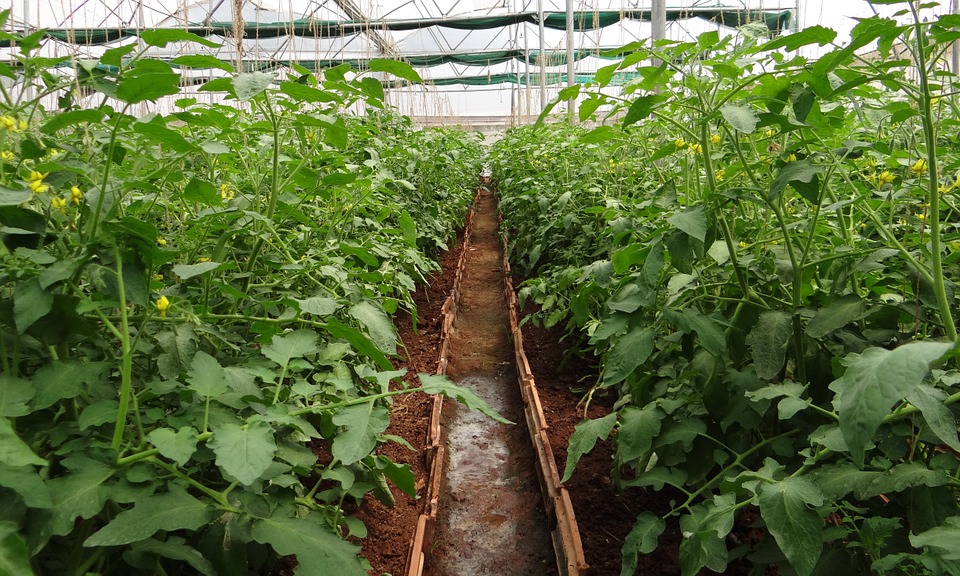
Horticulture: circular greenhouses
The horticultural business association Glastuinbouw Nederland underlines the ambitions the Dutch horticulture sector has to grow vegetables, flowers and plants in circular greenhouses without any emissions by 2030. The Dutch horticulture sector is already using geothermal heat and residual in the production process and adding to the electrical grid by providing biomass or excess energy.
“Already the usage of water and substances per product is low. To further realize [European climate] goals, the horticultural sector counts on the European Commission to provide the necessary conditions to enable a sustainable system. Pest control already for a great deal depends on biological pesticides and Integrated Pest Management (IPM) is highly developed, including precision crop protection. Irrigation water in the greenhouses is being recirculated and a number of companies have even fully stopped discharging water externally.” – Glastuinbouw Nederland
The horticultural sector does argue for a speeding up of the approval process for “less environmentally harmful and low-risk substances for plant health.” Instead it advocates a shift away from a hazard-based to a risk-based approach, because: “in our circular greenhouses we are able to use substances in a very specific way without any risk for human, animals and the environment.”
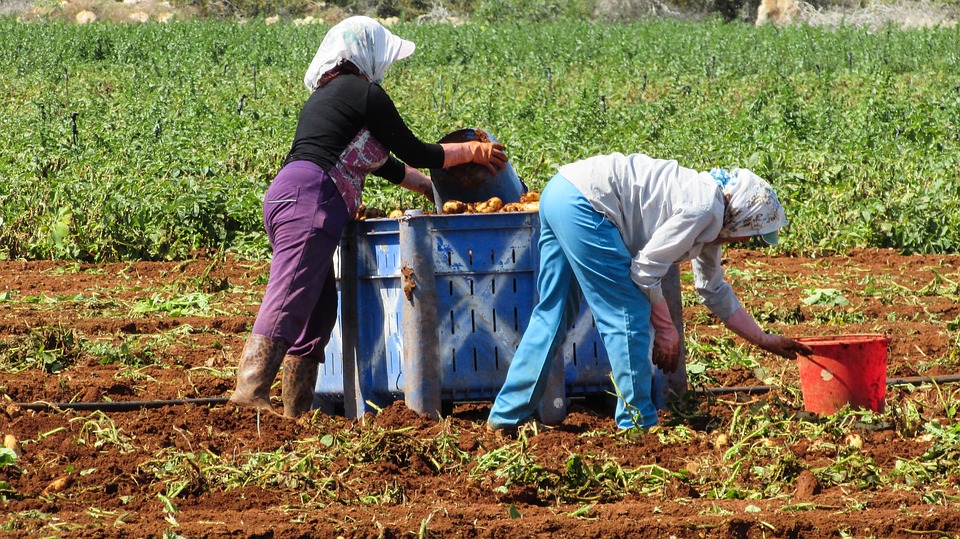
From the farm: small farmers offer solutions
Individual farmers reminded the Commission that small family farms are the building blocks of a sustainable food system. Alex Karatzas commented from EcoGaia farm in Greece: “We must advocate for the right to ‘clean’ food through small family farms and consumer awareness of the consumption of wild eco-organic products. We promote biodiversity rather than monoculture, we also reject GMOs and chemical pesticides and use traditional seed varieties.”
Covid-19 has set back the launch of the Farm to Fork strategy, now slated for April 29. In the fog of the pandemic, the EU’s supply chains have been thrown sharply into focus. We urgently need to build resilient systems of food production. Small family farms can contribute much-needed know-how and solutions. Farm to Fork now offers a chance to reconfigure our supply chains to meet the EU’s sustainability goals – and to champion small farmers.
More on Farm to Fork on ARC2020
Poking Holes in Farm to Fork: Environmental Groups Seek a Coherent Vision
Poking Holes in Farm to Fork: Health Groups Take The Strategy’s Temperature
CSOs Open Letter on the Farm to Fork strategy to Achieve Sustainable Food Systems



